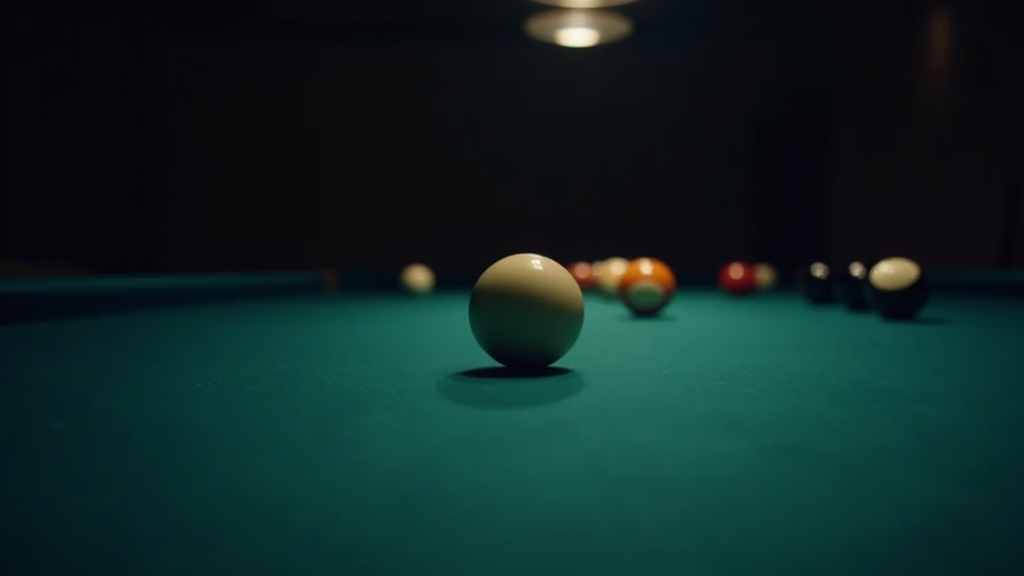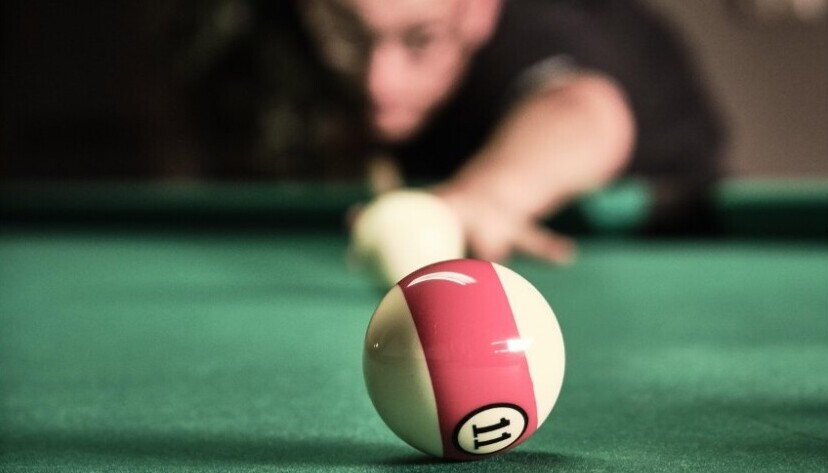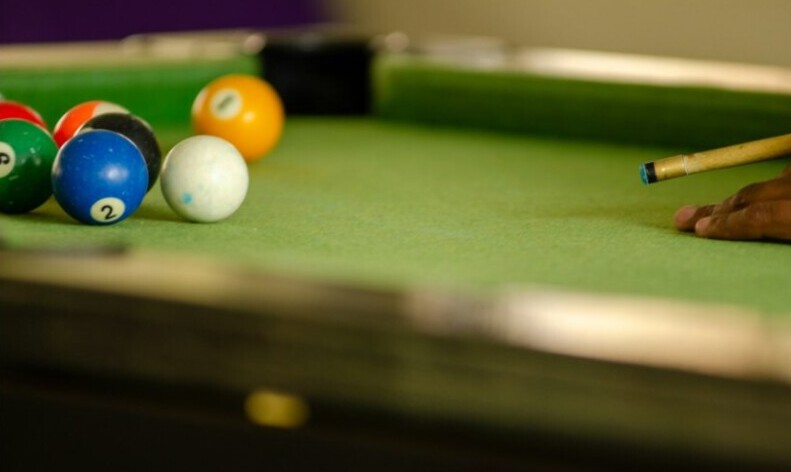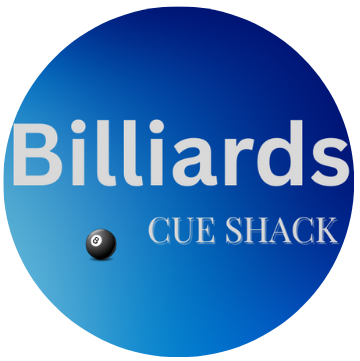 Overcoming common cue technique mistakes can really change your billiards game. Whether you’re new to the pool hall or have years behind the cue, a few avoidable slip ups can stand between you and a more satisfying, accurate play. Here, I’m breaking down everyday mistakes and sharing practical ways to move past them, helping your next match feel smoother and more in control.
Overcoming common cue technique mistakes can really change your billiards game. Whether you’re new to the pool hall or have years behind the cue, a few avoidable slip ups can stand between you and a more satisfying, accurate play. Here, I’m breaking down everyday mistakes and sharing practical ways to move past them, helping your next match feel smoother and more in control.
Understanding Cue Basics: Grip and Stance Fundamentals
Your grip and stance form the foundation for every shot. It’s easy to fall into the habit of gripping the cue like you’re hanging on for dear life, or, on the flip side, letting it slip through your fingers because you’re too loose. Both can seriously throw off your aim and control.
I’ve seen players twist their bodies or plant their feet in an awkward way, changing their natural balance, leading to wobbly and inconsistent results. A relaxed grip—think of holding a bird without crushing it, but don’t let it fly away, is the ideal here. Pair that with a stable, square stance, and you’ll notice your shot consistency start to climb. When starting with proper basic techniques, you’re setting up every shot with more confidence. Take time to practice your stance and grip in front of a mirror or through feedback from a more experienced player. These minor adjustments can create significant improvement in your game.
Quick Recommendation: Our blog is filled with tips and materials for your billiards experience. If you're seeking a pool cue to step up your pool game, we recommend Meucci Pool Cues - Sneaky Pete Pool Cue, Black - Elegant Maple and Ebony-Colored 19oz Pool Cue with Low Deflection Shaft, Balanced Design/Feel, High End Pool Sticks for Adults, Amateur, Pro Players.
Aiming and Cue Ball Control
Aiming is a tricky skill, especially when you’re still getting comfortable judging angles. If you constantly overcut or undercut the object ball, it’s likely because your visual alignment is off or you’re not factoring in how the cue ball reacts after impact.
Controlling the cue ball is just as important as pocketing your target ball. Poor cue ball control can mess up your chances for the next shot, making run outs feel out of reach. One strategy I like is to visualize every shot, and picture where you want the cue ball to stop. Practicing with a single cue ball and lining up positions for the the cue ball to come to rest at over and over really helps with muscle memory and shot confidence.
For players looking to step up their game, try marking cue ball positions during solo practice and experiment with stopping the ball at those marks. This deliberate focus helps you spot progress and sets goals you can aim toward as you improve.
Cueing Technique: Common Flaws and Simple Fixes
When it comes to stroke, a jerky follow-through or jabbing at the ball happens more often than you’d think. Rushing your movement or trying to hammer the ball with force is a recipe for missed shots. The solution is a smooth, controlled stroke, so don’t try to overpower the shot. It’s usually accuracy, not brute strength, that sinks balls consistently.
If you’re getting into advanced techniques, like putting English on the ball (sidespin), or attempting jump shots, the importance of a steady stroke becomes even more important. Practicing with purpose, using proper equipment for certain techniques, and remembering to maintain good bridge stability pays off big time here.
Reading and Mastering Spin
Spin can feel magical at first, but it also brings a whole set of mistakes. Using too much spin, or misjudging how it’s going to affect the cue ball and object balls, leads to lots of unwanted outcomes. Sometimes a simple, center-ball hit does more than fancy spin ever will.
Try different spins in practice sessions and watch how the cue ball reacts. Over time, you’ll get a sense for when extra English is necessary and when it’s better to leave it out. The key is using spin as a tool, not just something you do because it looks next-level cool.
Bank and Kick Shots: Avoiding Common Pitfalls
 Banks and kicks can save racks or keep your table, if done right. The most common mistakes? Misjudging the angles or not accounting for the speed the cue ball needs. Sometimes the cue ball rolls too far or stops short, making these shots infamous for beginners and even some experienced players.
Banks and kicks can save racks or keep your table, if done right. The most common mistakes? Misjudging the angles or not accounting for the speed the cue ball needs. Sometimes the cue ball rolls too far or stops short, making these shots infamous for beginners and even some experienced players.
I’ve found it really helpful to practice drills that repeat similar bank and kick scenarios. Small tweaks in how you strike the cue ball and learning the natural rebound off the rail can make these shots more attainable. Watching how different table speeds and cloth conditions alter rebounds is also super useful.
The Mental Game and Staying Focused
Pool isn’t just about the physical mechanics, but it’s also a mind game. Losing focus, getting frustrated after a missed shot, or doubting yourself in key moments will mess with your enjoyment and results.
Staying present is super important. A good trick is to mentally rehearse tough shots before taking them and remind yourself of past wins. Keeping your nerves in check and practicing a chill, confident headspace does way more for your stroke and accuracy than overthinking every shot.
Another tip is to build a pre-shot routine. Take a few moments before each shot to steady your breathing, picture the outcome you want, and commit to your plan. This routine gets your mind in the right space for nervousness or pressure situations and can help you shake off mistakes faster.
Quick Recommendation: Our blog is filled with tips and materials for your billiards experience. If you're seeking a pool cue to step up your pool game, we recommend Meucci Pool Cues - Sneaky Pete Pool Cue, Black - Elegant Maple and Ebony-Colored 19oz Pool Cue with Low Deflection Shaft, Balanced Design/Feel, High End Pool Sticks for Adults, Amateur, Pro Players.
Dealing With Table Conditions and the Importance of Adaptability
Tables are not all created equal, and every poolroom has its own quirks. Balls get dirty, cloth wears down, and cushions bounce differently. If you only ever play on one table, it’s easy to get stuck when the table speed or bounce feels off somewhere else.
I recommend cleaning your cue balls and table routinely, using a cover if you can, and taking the chance to play on as many different tables as possible. The more you adapt, the more comfortable you’ll be when things don’t go perfectly. Trying different tables with friends or during tournaments broadens your skills and prepares you for unique situations. Some players even keep notes on table behavior as a training tool.
Defensive Play and Smart Strategy
 Focusing only on pocketing balls often leaves the table wide open for your opponent. A lot of newer players undervalue safety and don’t spend time learning solid defensive shots. This can let your opponent find easy runouts.
Focusing only on pocketing balls often leaves the table wide open for your opponent. A lot of newer players undervalue safety and don’t spend time learning solid defensive shots. This can let your opponent find easy runouts.
Practicing simple safety shots, like tucking the cue ball behind other balls or playing controlled leaves, makes you a tougher competitor and helps control the pace during close games. These moves really give a raise to your confidence and make you less predictable to play against.
Remember, a smart defensive shot can be as rewarding as a successful pocket. Watching pros play and studying their decision-making in defensive situations will also boost your tactical sense over time.
Practice Habits: How Consistency Fuels Growth
No one improves without regular, intentional practice. Skipping sessions or always playing “just for fun” without working on problem shots slows progress. Dedicated practice time—even if it’s only a few minutes on tricky shots—is how you spot weak spots and turn them into strengths.
Mix things up: work on new shots, challenge yourself with drills, and ask better players for feedback. Videoing your own stroke or getting a pool buddy to watch for flaws in your form can also lead to huge improvements. Setting clear, specific goals for each session helps give your practice more purpose and keeps motivation high.
Extra Everyday Mistakes and Easy Fixes
- Skipping the chalk: Not chalking up between shots is a shortcut to more miscuing. Keep chalk nearby and use it before every shot.
- Wobbly bridge: A shaky bridge hand messes with your aim. Spend time building a solid bridge that supports your cue stick.
- Raising or lowering the cue stick: Holding your stick too high or too low can make the cue ball jump or veer off line. Try to keep your cue as level as possible when shooting straight shots.
- Looking away too soon: Taking your eyes off the cue ball at the moment of impact leads to inaccuracy. Keep your focus locked as you deliver the stroke.
- Choosing the wrong cue: A cue that’s too heavy or too light for you can affect your feel and control. Try a few different types of weight before settling on what feels best in your hand.
- Not cleaning the table: Dirt and chalk buildup will change ball movement. Brush and, if you can, vacuum the table regularly.
Frequently Asked Questions
Question: Why does my cue ball always end up in the wrong spot?
Answer: This usually comes down to a mix of misjudged speed and spin. Practicing with intentional position play, focusing on controlling the cue ball’s path, can really help line up better shots for yourself.
Question: How do I get more power without losing control?
Answer: Power comes from a fluid stroke with proper follow-through rather than brute force. Working on a smoother, longer backswing and relaxed grip helps you get the extra oomph without driving shots all over the table.
Question: How can I stop missing easy shots under pressure?
Answer: Pressure gets to everyone. Slowing down, taking a few breaths, and focusing on your fundamentals helps build a solid routine. Over time, this makes tough shots feel less intimidating and more natural.
Sharpening Your Billiards Game: Wrapping Up
Pool skills isn’t just about natural talent. It’s about catching those everyday mistakes early and working on smoother technique each time you play. By honing your grip and stance, learning how to control and position the cue ball, sharpening your mental game, and keeping up with gear maintenance, you’ll see small but steady growth every time you hit the table.
The habits you build through both practice and paying attention to detail will stick with you, helping you play better, smarter, and with a lot more confidence. By jumping into regular practice, staying open to feedback, and making time for both offensive and defensive strategies, you’ll steadily level up your billiards skills for the long haul.
Quick Recommendation: Our blog is filled with tips and materials for your billiards experience. If you're seeking a pool cue to step up your pool game, we recommend Meucci Pool Cues - Sneaky Pete Pool Cue, Black - Elegant Maple and Ebony-Colored 19oz Pool Cue with Low Deflection Shaft, Balanced Design/Feel, High End Pool Sticks for Adults, Amateur, Pro Players.
